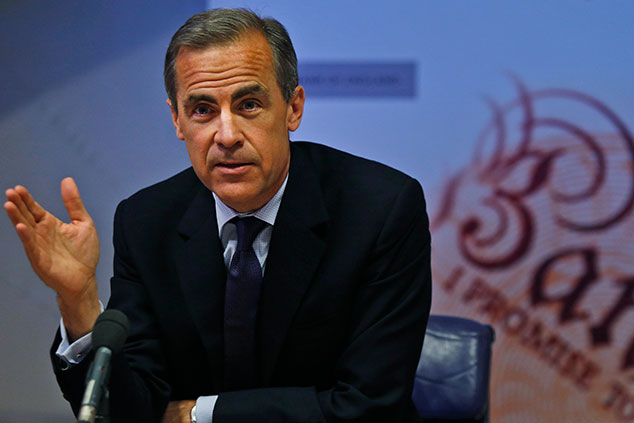
One person who spends a lot of time thinking about where the pound and other currencies will go next is Jeremy Thomson-Cook, chief economist and head of FX strategy at World First, a payments firm that gives small and medium-sized companies access to the sort of services performed by the treasury departments of larger companies.
Despite recent hiccups in the Brexit negotiations, “there could be a deal by the end of the year”, says Thomson-Cook – though he says this “more in hope than in expectation”. Even a vague agreement to avoid a no-deal scenario (the “blind Brexit” solution) could slip into the start of next year, only weeks before the March deadline. And it’s possible that the government could be forced to request a last minute extension to Article 50, keeping Britain in the EU for longer.
Where sterling will go
The negotiations are likely to have a binary effect on sterling. Once the UK and EU are able to strike an exit deal then we should expect a modest uplift to around $1.35. But in the event of no deal, the downside risk is huge, with the pound falling as low as $1.15. The only thing that is certain is that “the value of sterling will not be the same as it is at the moment”.
Naturally, striking an exit deal and signing a long-term trade agreement are two different things. The large number of outstanding issues and the amount of detail that will need to be added for the latter to take place, mean that the 2020 deadline looks increasingly tight. As a result, “the implementation period may have to be extended”.
Thomson-Cook imagines a scenario where repeated extensions of the transition period mean that “we could still be effective members of the EU as late as 2025”. However, given the political constraints that the government is operating under and its stated red lines, any trade deal agreed is likely to be closer to Canada than Norway.
At the moment, there is “little evidence of a move to the mainland”, says Thomson Cook, with logistics firms the only ones seriously considering opening offices in the EU. However, Thompson-Clark warns that you shouldn’t read too much into this. After all, the expense of relocating operations makes it “not an option for most SMEs”. But their decision “to hold onto what they’ve got” does not suggest that Brexit will be painless; indeed, “many SMEs will be very exposed if things go badly”.
The Bank of England: the only adult in the room
One thing that Thomson-Cook is happy about is Mark Carney’s recent agreement not to step down as governor of the Bank of England until January 2020. “The Bank of England’s role as the only adults in the room has helped maintain confidence in UK assets” he says. “Having institutional memory and continuity is also useful”.
If Britain is able to leave with a deal, “then the Bank’s attention will turn to the problem of wage pressures and inflation, and we should have another rate rise, probably in May”. However, “if there is no deal then the Bank will accept inflation in order to protect growth”.
Of course, sterling isn’t the only currency that Thomson-Cook pays attention to. He thinks that “the Federal Reserve will have to normalise interest rates”. However, “the process will be longer than many people are assuming, could take up to five years and end up with rates peaking at around 3%”. The historically high-debt-to-GDP ratio will slow down the process, as will the fact that “sentiment is still very poor”.
We shouldn’t completely discount the idea of a “Powell Put” either, as the Fed will also have one eye on how the stockmarket is reacting “and will put rate hikes on pause if it looks like Wall Street is starting to tank”.
While the standoff between Rome and Brussels has dominated markets Thomson-Cook is convinced that “the Italian risk is overblown”. Indeed, “it’s not the end of the world if the Italians have a bit of a deficit”. Overall, you should “expect the euro to bounce back”.
Similarly, the impact of Trump’s tariffs and a potential trade war between America and China will have a limited effect on both the global economy and specific currencies. Even the fall in the value of the Chinese yuan is mainly due to the decision of the Bank of China to deliberately let it weaken.